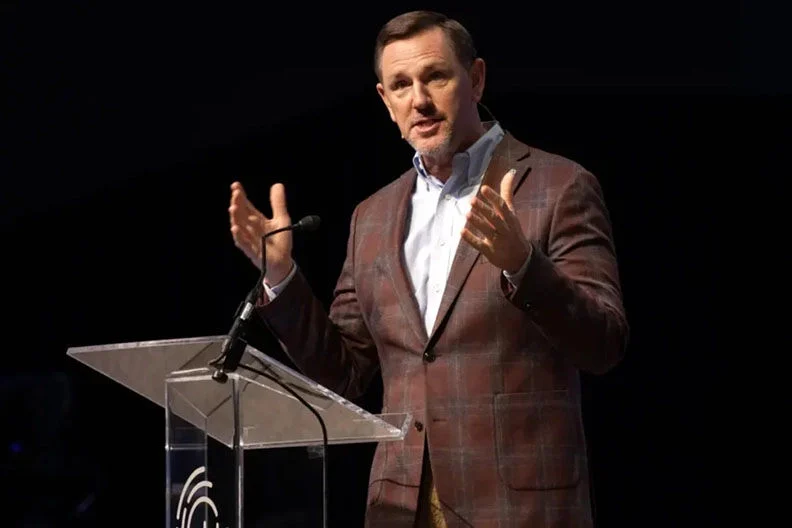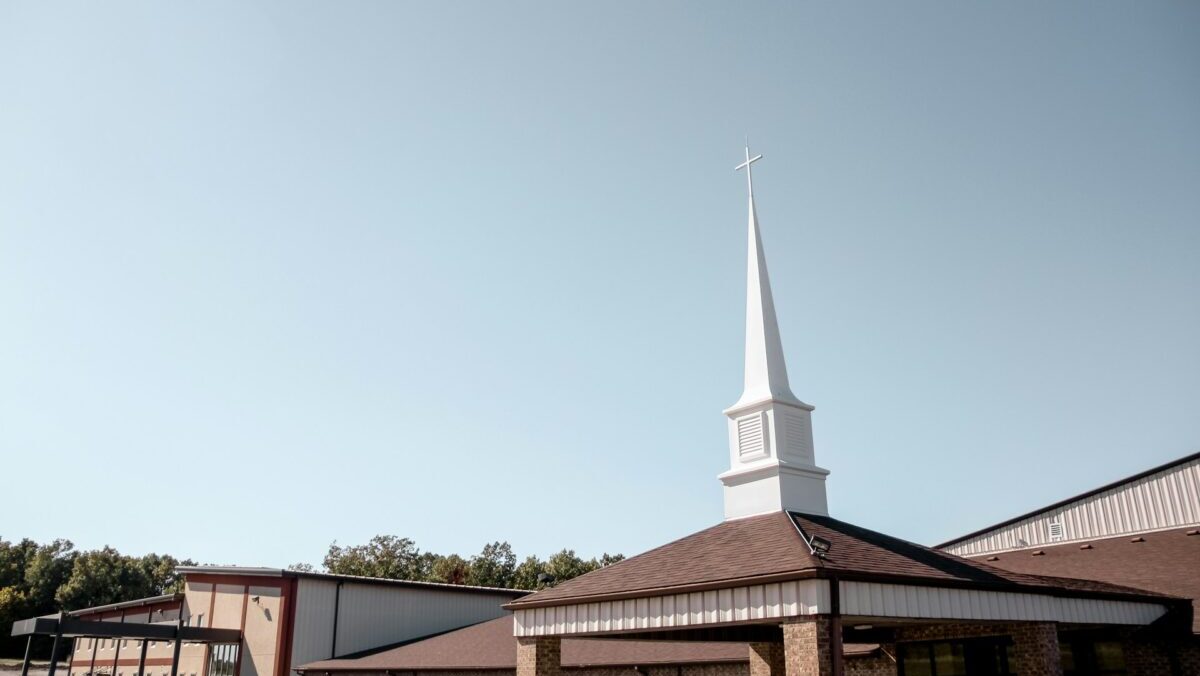Do you find it challenging to pray for a president you didn’t support? For many, it can be easier to critique our leaders on social media than to lift them up in prayer.
It may feel awkward — even contradictory — but when Gerald Ford assumed the presidency following Richard Nixon’s resignation, he didn’t just ask for political support. He asked for something far more powerful: prayer.
His message to the nation stated: “I am acutely aware that you have not elected me as your president by your ballots, and so I ask you to confirm me as your president with your prayers. And I hope that such prayers will also be the first of many.”
His humble request reveals a profound truth about leadership and faith we desperately need to reflect on today.
The U.S. presidency often has been called the world’s toughest job, and for good reason. Every day brings decisions that ripple through millions of lives, from economic policies to health care reforms, from international relations to matters of war and peace.
When was the last time you considered the weight of responsibility that rests on the shoulders of the person in the Oval Office?
In our sharply divided country, when the president’s name can spark conflicts, leading to rifts in friendships or heated arguments at family gatherings, the real challenge is whether we can put aside our political differences and earnestly pray for leaders with whom we may not agree.
What if, instead of protesting, we approached our political differences with a spirit of prayer?
The possibilities of prayer
The Apostle Paul’s advice to Timothy is remarkably relevant today: “I urge, then, first of all, that petitions, prayers, intercession, and thanksgiving be made for all people — for kings and all those in authority” (1 Timothy 2:1-2 NIV).
Consider the context: Paul wrote these words during the reign of emperors who actively opposed Christianity. He understood what we often overlook: God’s sovereignty transcends our political preferences.
But in a democracy where we have the right — and duty — to choose our own leaders, what does this mean for us? Imagine the spiritual impact if believers, regardless of political affiliation, committed to pray regularly for our president. Think of the transformation that could come from millions of Christians joining together in faithful prayer rather than political division.
‘Passing through this world’
Does praying for our leaders mean we endorse all they do? Absolutely not. Prayer is about recognizing God’s sovereignty and relying on his guidance, not endorsing specific policies.
As Billy Graham wisely noted, “Heaven is my home. I am just passing through this world.” This perspective helps remind us our true citizenship goes beyond any earthly nation.
Consider this: If you spent as much time praying for the president as you do discussing politics on social media, how might your prayer life change?
What if you chose prayer over posting as your first response to a controversial policy decision?
How might this shift in perspective affect your attitude and influence others around you?
A challenge and steps
So, here’s my challenge: Will you commit with me? Let’s decide to pray for our president, whoever that person may be, out of faithful obedience rather than political allegiance.
Here are some practical steps to get started:
— Set a daily reminder on your phone to pray for the president at a specific time.
— Join or create a prayer group dedicated to our country’s leadership.
— Keep a prayer journal focused on national issues.
— Whenever you feel compelled to criticize, refocus that energy into prayer.
Never forget: When we pray for those we disagree with, we demonstrate the love Jesus commanded us to show. Instead of building walls, we’re building bridges. Instead of fostering division, we’re choosing unity. We acknowledge God’s thoughts are higher than ours, and his ways are greater.
The question isn’t whether our preferred candidate is in office. The true question is: Will we remain steadfast in prayer, regardless of the outcome? Will we rise above political affiliations to embody what it means to be a Christian in a divided society? The choice — and challenge — is yours. How will you respond?
EDITOR’S NOTE — This story was written by Joshua Longmire, assistant professor in leadership at Dallas Baptist University, and originally published by Baptist Standard.










